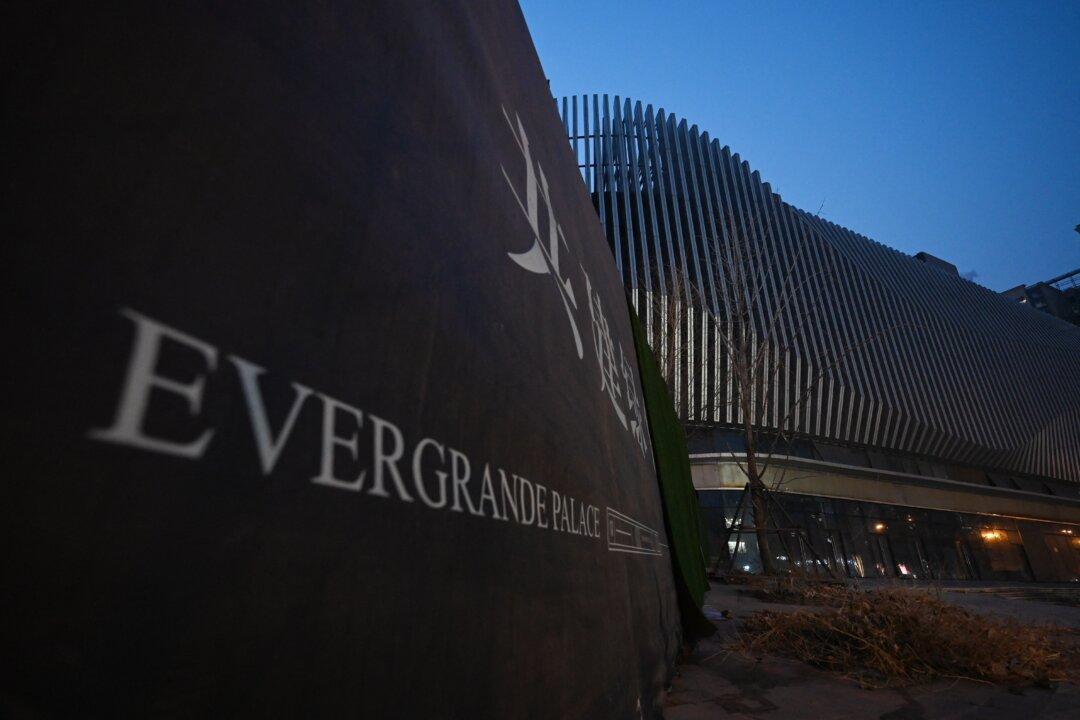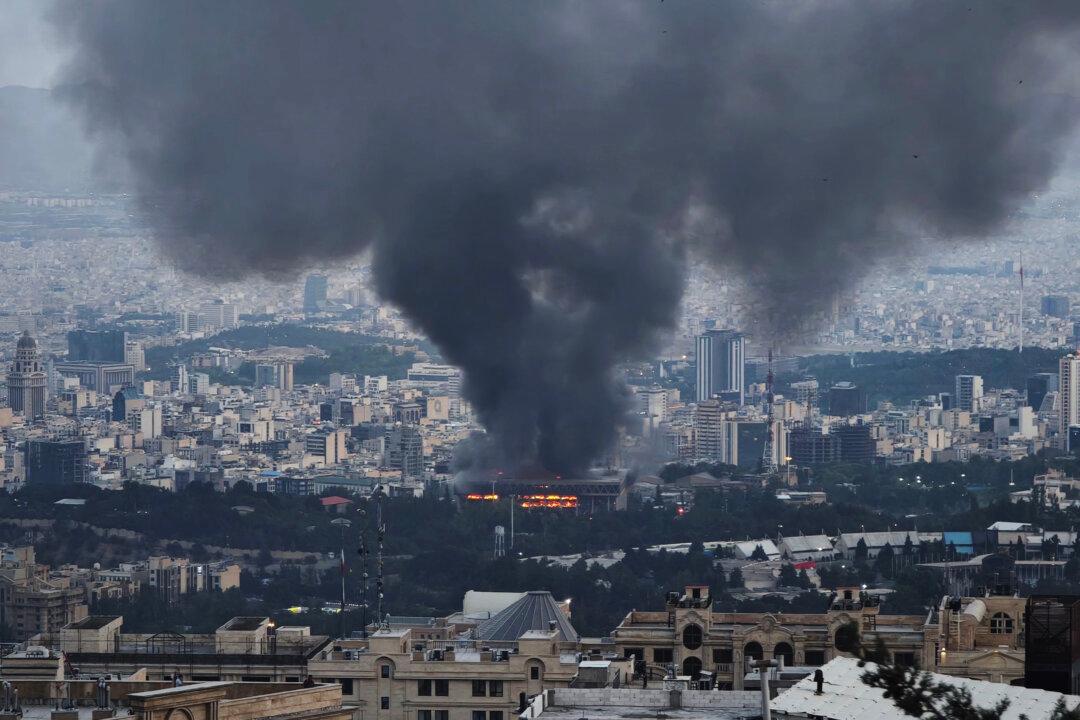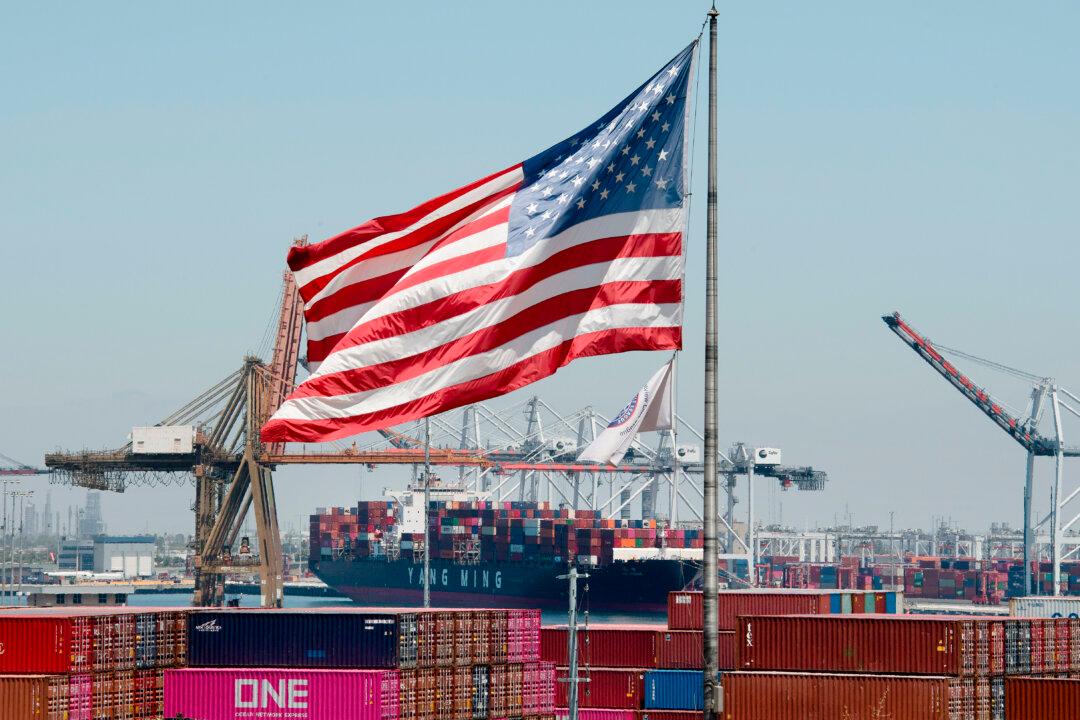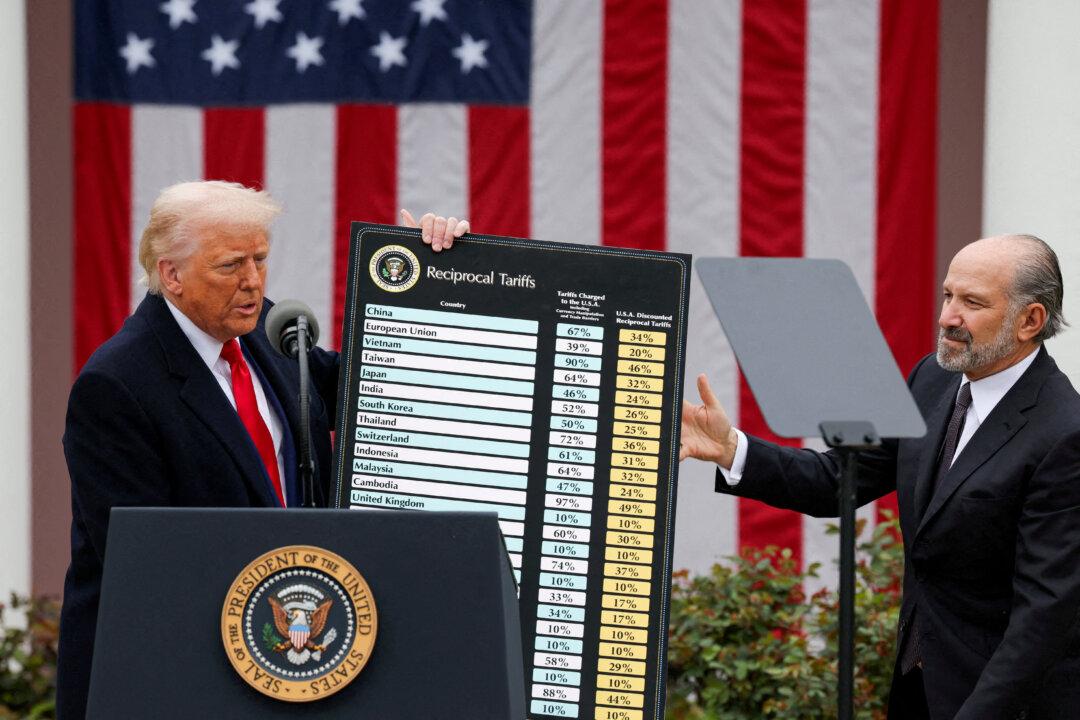Commentary
There are so many problems with the Chinese economy and real estate sector that it becomes easy to both overstate and understate the importance of events. Understanding events as they unfold directs the analytical framework, so it is essential to tune our understanding of the recent order of liquidation by a Hong Kong court on Evergrande.





